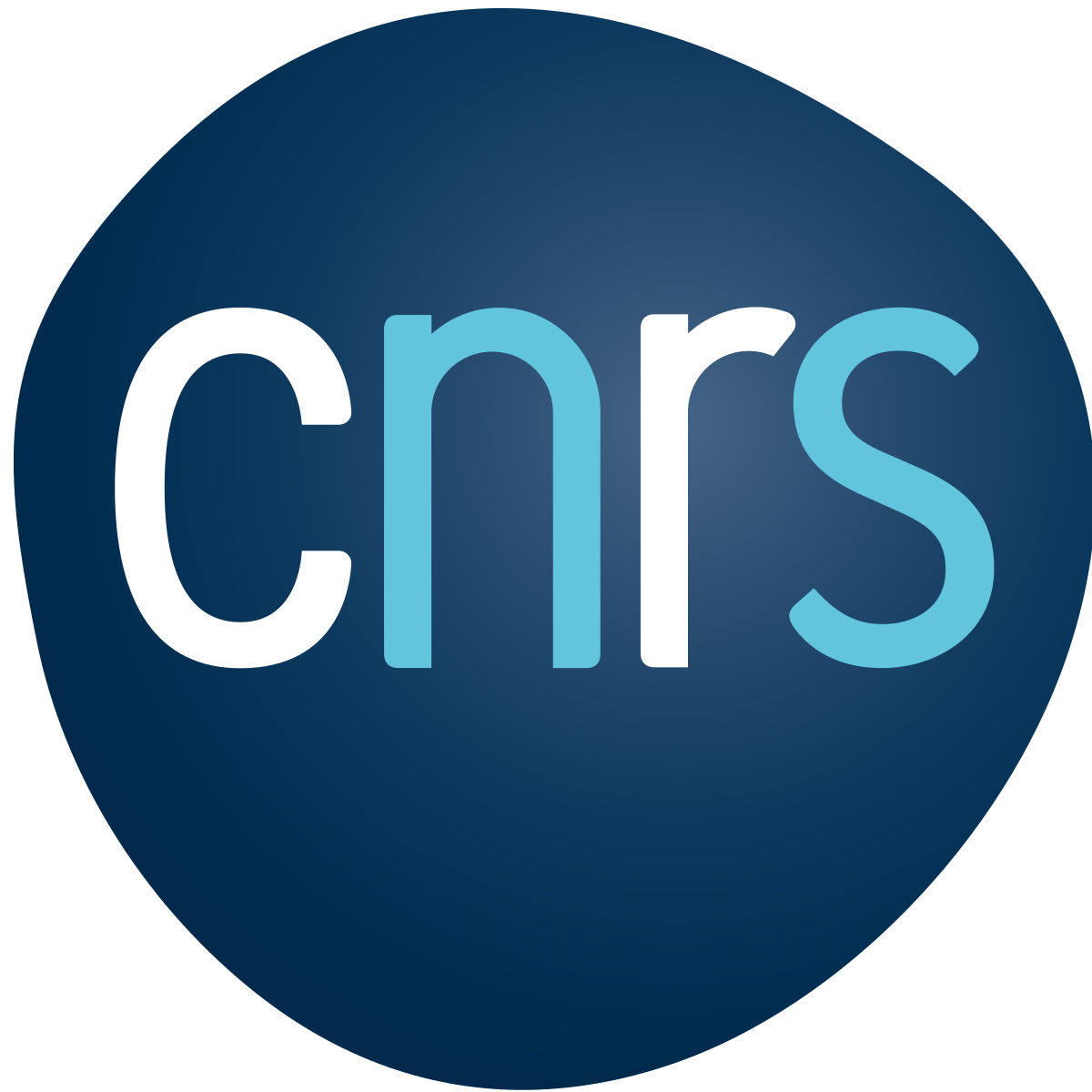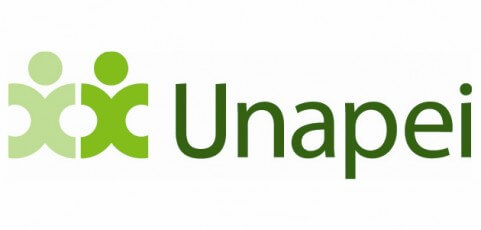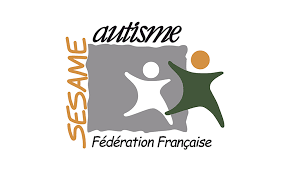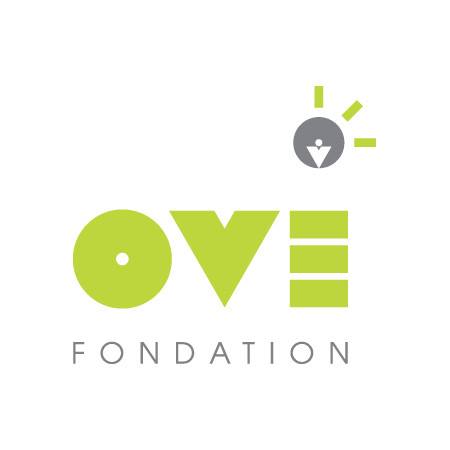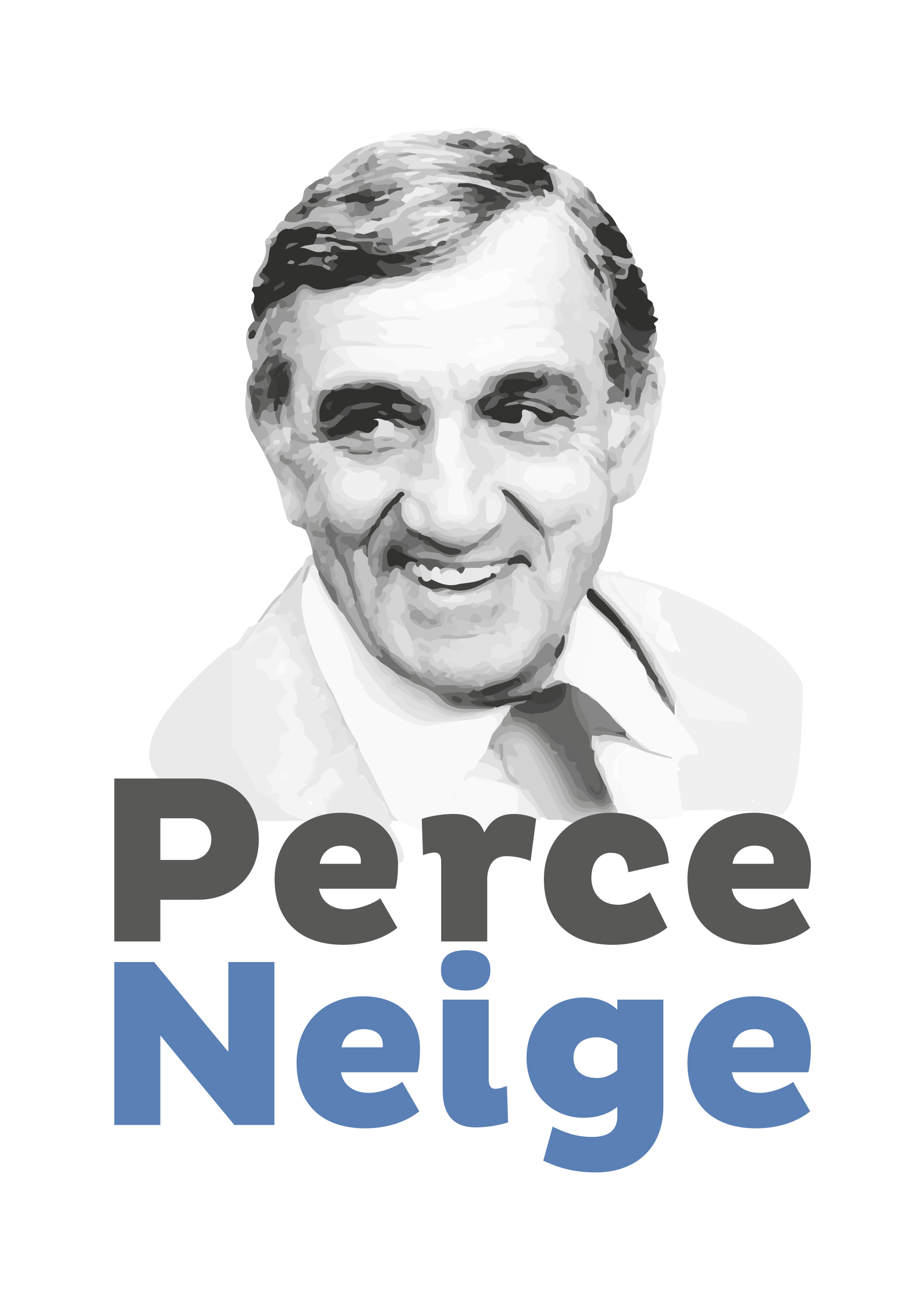Our scientific methodology
The user at the heart of the innovation process
Developing the socio-professional skills of disabled workers through digital technology / Laboratoire Interdisciplinaire des Sciences du Numérique (CNRS) – Auticiel – FIRAH – AGEFIPH
This research project has two major objectives:
- Highlight the mechanisms for developing and training the social skills needed to access and maintain employment for people with social skills disorders,
- Design customizable social scenarios on tablets and scientifically evaluate their value for training the socio-professional skills of people with disabilities in different contexts.
Partners: Handi Lyon Rhône – Cap emploi 69 – ADAPT Rhône métropole Lyon – Plateforme Emploi Compétences de l’AFIPH – IME Cour de Venise – SERVICE CONNECT de l’ Adapei 69 – Service d’insertion professionnelle de l’ALGED – ADAPEI 77
Accessibility and disability in the performing arts: new approaches to cultural mediation and digital inclusion / Université Bordeaux Montaigne – Adapei 44 – Le Lieu Unique – Auticiel
This research project is studying the impact of modifying the environment to facilitate access to cultural venues and shows, among other things by evaluating the effects of using the Amikeo solution and adapted educational content.
Assessing the communication, autonomy and socialization skills with and without digital support of children with ASD / Adapei 64 – Université Aix-Marseille – Auticiel
This 12-month longitudinal ecological study was carried out on 22 children with ASD and associated intellectual development disorder (IDD), and aimed to test the effect of interventions based on the AMIKEO solution. It shows that children who have used the digital tool show significantly greater gains in communication, autonomy and socialization than children who have used the traditional tool.
Evaluating the effects of using the AMIKEO solution on the day-to-day autonomy of adults with mental and cognitive disabilities/ Fondation Perce neige – Auticiel
This experiment shows that all the beneficiaries included have acquired new skills in terms of communication and temporal reference points, and have adopted the AMIKEO solution as a tool for compensating on a daily basis. The experiment highlights the importance of being able to free up time for teams to manage and lead the project, supervise usage, personalize and readjust programs, and coordinate project stakeholders.
Defining the benefits of the AMIKEO solution for developing and consolidating learning and promoting autonomy in children with ASD / Adapei 44 – Auticiel
We demonstrated that 86% of the children included (n=26) progressed in terms of autonomy and acquired new skills over the course of this 17-month longitudinal ecological study. 85.7% of professionals (n=45) consider the AMIKEO solution to be relevant to the care of beneficiaries, and 86.9% describe it as a compensatory tool that can support the lives of children and young adults.
The LOGIRAL application, slowing down for people with autism / CENTRE PSYCLE Aix-Marseille University
Pioneering studies carried out at the University of Aix-Marseille have demonstrated the existence of rapid information processing difficulties in children with autism. A translational study carried out with four autistic children on the initial version of Logiral showed an increase in attention scores, non-verbal communication, reciprocity of exchanges as well as a decrease in inappropriate behaviors (Meiss, Tardif, Arciszewski, Dauvier, & Gepner, 2015) in each of the 4 children who were presented with various slowed-down video sequences via the Logiral software.
Eye-tracking studies have also shown thatincreased attention to other people’s faces in slow motion, and more specifically to their eyes and mouth, enables them to stabilize their gaze on cues that are crucial for social communication. This effect is all the more pronounced the more frequently people are exposed to slow-motion sequences (Lainé, Rauzy, Tardif, & Gepner, 2011; Tardif, Lainé, Rodriguez, & Gepner, 2007).
Scientific and ethical committee
Discover
our conferences
Articles & scientific communications
- 2023, Training work-related social skills in adults with Autism Spectrum Disorder using a tablet-based intervention, Human-Computer Interaction, DOI: 10.1080/07370024.2023.2242344
- S. Estival, J.C. Martin, J. Renaud, V. Demulier, État des lieux des techniques d’intervention pour l’entraînement des habiletés sociales de travailleurs présentant un trouble neurodéveloppemental, Pratiques Psychologiques, 2023, ISSN 1269-1763, https://doi.org/10.1016/j.prps.2023.04.001
- “Entraîner les habiletés sociales pour faciliter l’insertion des personnes en situation de handicap en milieux protégé et ordinaire”, 22nd Congress of the Association internationale de psychologie du travail de langue française (AIPTLF), July 2023, Montreal, Canada
- “Participative design of a digital tool to train the social skills of workers with disabilities”, Colloque Handiversité “L’innovation pour le partage”, April 20, 2023.
- “Numérique et Autodétermination”, Inclusive Transition and Self-Determination Seminar, Autisme en Ile de France, June 14, 2023
- “Training work-related social skills in adults with autism and intellectual disability using a tablet-based intervention”, 22nd Conference of the European Society for Cognitive Psychology, 29 August – 01 September 2022, Lille, France
- “Training the social skills of workers with disabilities:taking into account interindividual differences”, XXIV International Days of Differential Psychology (JIPD), June 2022, Aix-en-Provence.
- Trémaud Maëla, et al. “What do digital tools add to classical tools for sociocommunicative and adaptive skills in children with Autism Spectrum Disorder?”, L’Année psychologique, vol. 121, no. 4, 2021, pp. 361-392
- “Developing the social skills of workers with disabilities”, Colloque Handiversité “Le Handicap, un vecteur pour l’innovation”, April 15, 2021
- Renaud J, Cherruault-Anouge S “Digital applications for the autonomy of people with autism spectrum disorder. De la nécessité d’un processus d’innovation et d’une utilisation centrés sur la personne et ses aidants”, Enfance 2018/1 (N° 1), p. 131-146.
- “Impacts of digital tools on ASD Children caring: a 17 months follow-up study” Autism Europe Congress, 2019 Sept , Nice
- “Assistive technologies to increase the employment of adults with autism” Autism Europe Congress, 2019 Sept, Nice
- “Retours sur une étude longitudinale écologique de 17 mois : Apports des outils numériques sur la prise en charge des enfants avec TSA”, Colloque “Les technologies pour l’autisme”, Sorbonne University, September 18, 2019
- “The digital tablet at the service of Alternative and Augmented Communication”, Journée Autisme et Outils numériques : de la Recherche aux applications numériques INSHEA May 15, 2019, Paris
- “Bilan d’expérimentation sur les apports des applications AMIKEO conçues pour les personnes avec Troubles du Spectre Autistique”, Journée Autisme et Outils numériques : de la Recherche aux applications numériques INSHEA 16 Mai 2018, Paris
- “Digital applications for the autonomy of people with autism spectrum disorders: from the need for an innovation process and use centered on the person and their caregivers”, Ripsydeve Colloquium “”From research to practice: studies in developmental psychology and psychopathology”, June 15 and 16, 2017.
- “Bilan d’intégration de tablettes numériques dans dix établissements Unapei”, ORNA Day “Autism and digital tools: from research to applications”, May 20, 2015.



